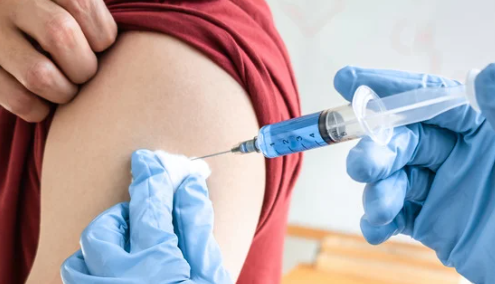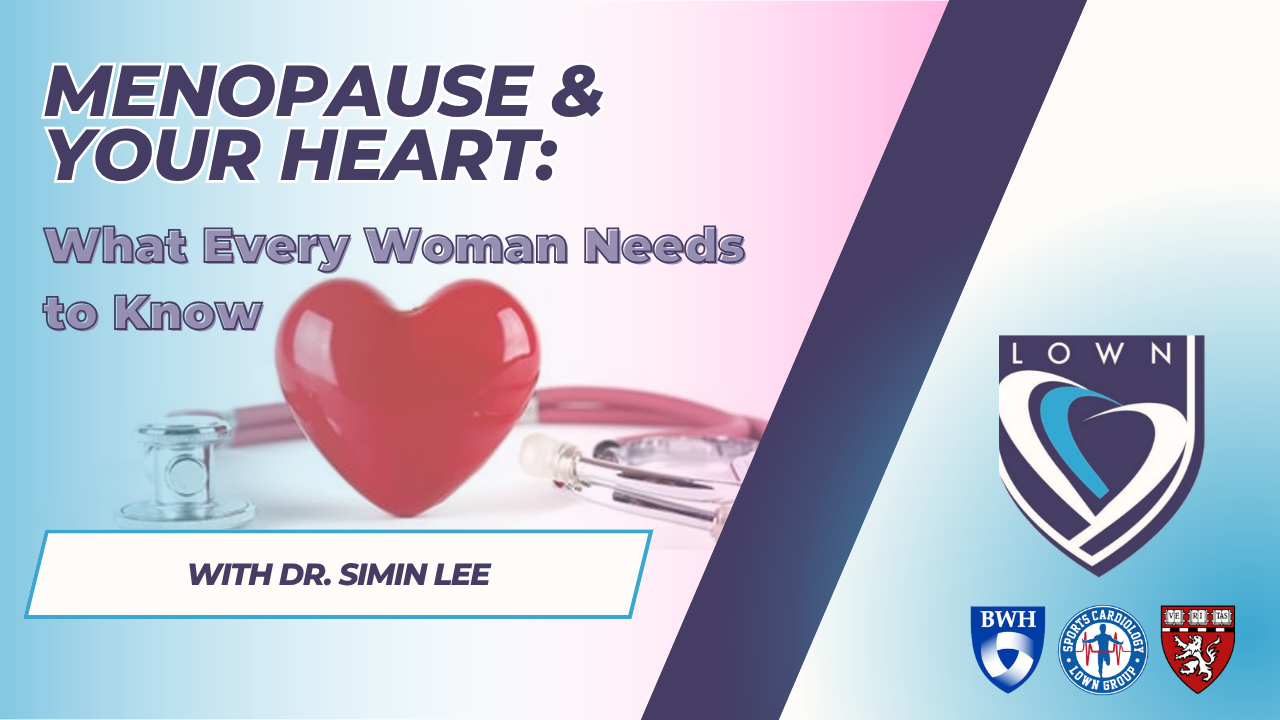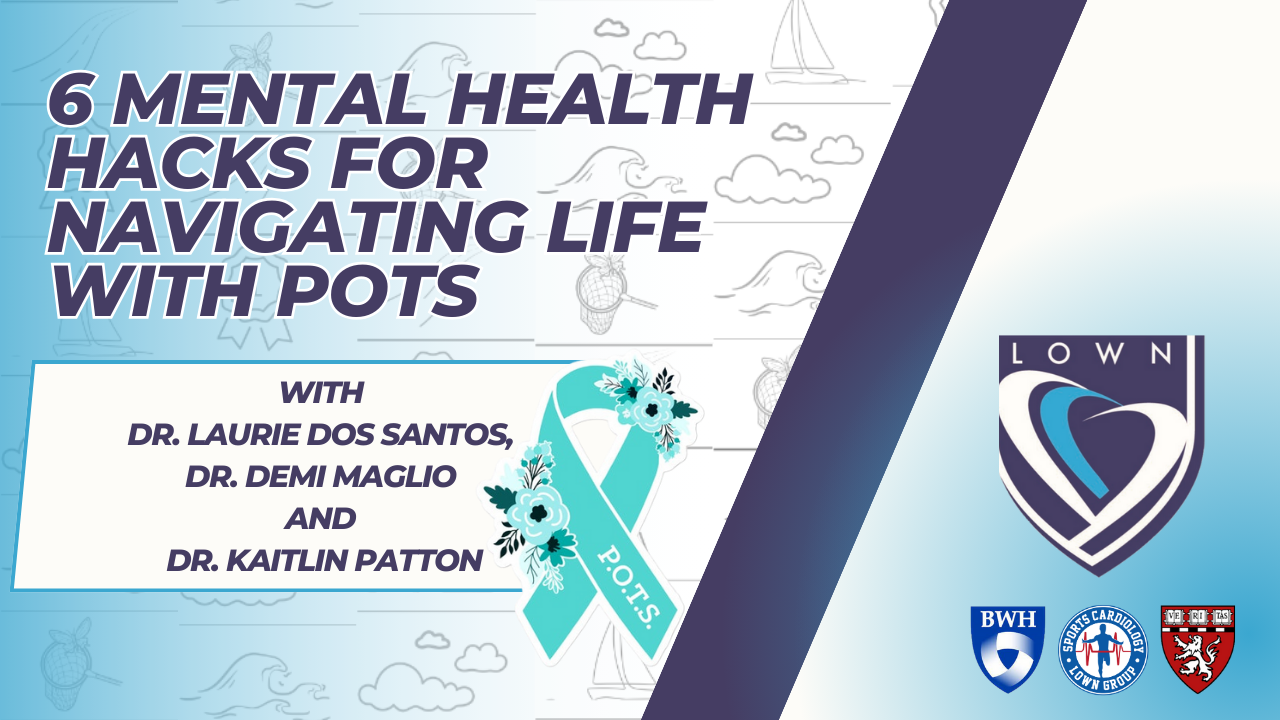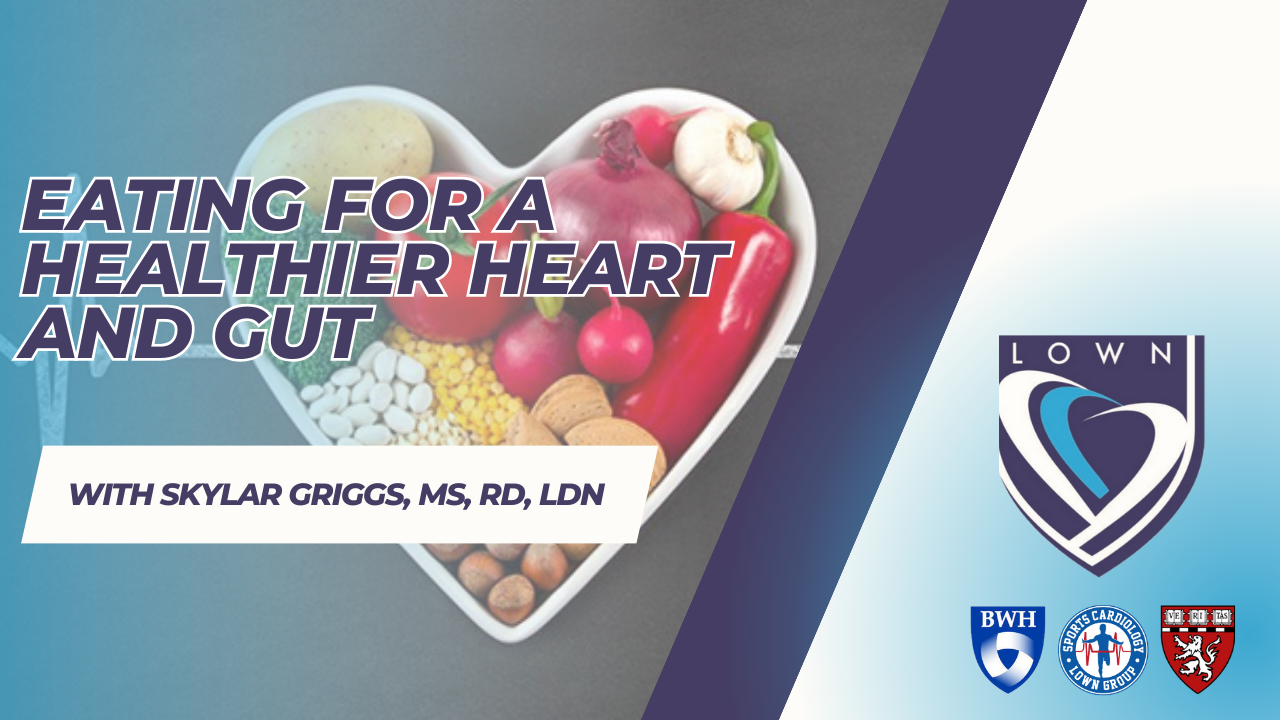Vaccines To Prevent Severe Diseases
By Dr. Joel T. Katz, MD
Primary care physician & Fellow of the Infectious Diseases Society of America
Lown Group
Where did it all start?
A thousand years ago, practitioners in China, and thereafter in Africa, India, and Turkey, noted that exposing healthy individuals to dried scab material from recovering smallpox patients could prevent a subsequent smallpox infection – a process called “variolation.” This practice eventually spread to Europe and the Americas in the early 1700’s – one hundred eighty years before Louis Pasteur proposed the “germ theory” of contagion. In the winter of 1764, as smallpox descended on Boston, John Adams and other colonists were inoculated against it through variolation. However, while beneficial to most, some of those exposed got very sick or died from the practice itself.
In 1798, British zoologist and surgeon Edward Jenner
tested the frameshifting hypothesis of his colleagues that milkmaids had fair skin because they were protected from smallpox by their occupational acquisition of a milder agent – cowpox, confirmed as pustules spread from cows to their hands. Jenner inoculated the 8-year old son of his gardener with liquid from a cowpox pustule recovered from milkmaid’s hand and thereby protected him from an intentional smallpox exposure 2 weeks later. Jenner was not the first to use this technique, but he proved the effectiveness through subsequent challenges and made the effort to track and self-publish his findings in a case series, which secured his fame. The term “vaccine” is derived from vacca (Latin for “cow”) reflecting the historical origin this first modern vaccine, a term now applied broadly to all immunizations.

What has been the impact of vaccines?
- GONE: The is no smallpox in the world now, thanks to vaccines. The same is nearly true for diphtheria, polio, tetanus, and rubella. Important veterinary diseases have also been completely eliminated.
- GREATLY REDUCED: Measles, rabies, Neisseria and Hemophilus bacteria, chicken pox and shingles have become rare conditions thanks to effective vaccinations. Cervical cancer and liver cancer are now prevented by vaccines against the viruses that cause these conditions. Measles vaccine campaigns have reduced measles-specific mortality by 91% and all-cause mortality by 30% in resource-poor countries; even if one survives measles patients are at high risk for succumbing to malnutrition and other long term sequella of this infection. While rare for the past 3 decades, in 2025 there have been 1,333 confirmed measles cases (certainly an underestimate) and a hand full of confirmed deaths in the US – exclusively in communities of high vaccine hesitancy. This number is the highest since 1991.
- MORE SURVIVABLE: Further, previously devastating infections such as pneumococcal pneumonia is rendered less severe by vaccination. In addition, we know that older unvaccinated adults are more likely to die from heart attacks when they get pneumonia or shingles, compared to similarly health people who are vaccinated to those agents.
Scientists estimate that in the past 50 years, 154 million lives have been saved by vaccines. Advanced vaccine methodologies are now being applied successfully to treating cancer.
What are the so-called “Seasonal Vaccine” options?
Certain respiratory infections are caused by viruses that predictably peak in the winter in the US – 3 of these are vaccine preventable with fall inoculation, including:
Influenza (“flu”) vaccine
Severe cases of influenza are on the rise – the 2024-25 season resulted in the highest number of hospitalizations in the US since 2010-11, according to the CDC. The 2025-2026 flu shot will build immunity to some of the most severe strains detected by epidemiologists. All adults should receive a flu shot in the fall. Those who are pregnant or likely be become pregnant in the winter are at especially high risk for the disease and should seek out flu shots. Those over 65 should receive the “high dose” vaccine.
COVID-19 vaccine
Before the pandemic, coronaviruses were known to cause the “common cold,” and thereby largely ignored by scientists. From the first reports of novel coronavirus SARS-CoV-2, miraculously less than 12 months elapsed until new and novel mRNA vaccines were safety-tested and available to the public! This fall there will be 4 new and improved (targeted to circulating strains) FDA-approved COVID-19 vaccines available.
RSV vaccine
Respiratory syncytial virus most frequently causes mild to severe respiratory illness in young kids and their grandparents can inadvertently be at risk. All previously unvaccinated adults 75 years and older, and those 50-74 who have chronic lung or heart disease or a weaken immune systems should receive this vaccine. This vaccine was first available during the 2023-24 season.
These seasonal vaccines are safe and effective, based on many well-designed scientific trials. The Advisory Committee on Immunization Practices of the CDC has comprehensive, reliable and balanced information about all available vaccines. Everyone is different, and I urge you to discuss any concerns about these vaccines or others (e.g., pneumonia, shingles, measles) with your own healthcare team.
Recent Blog Posts






